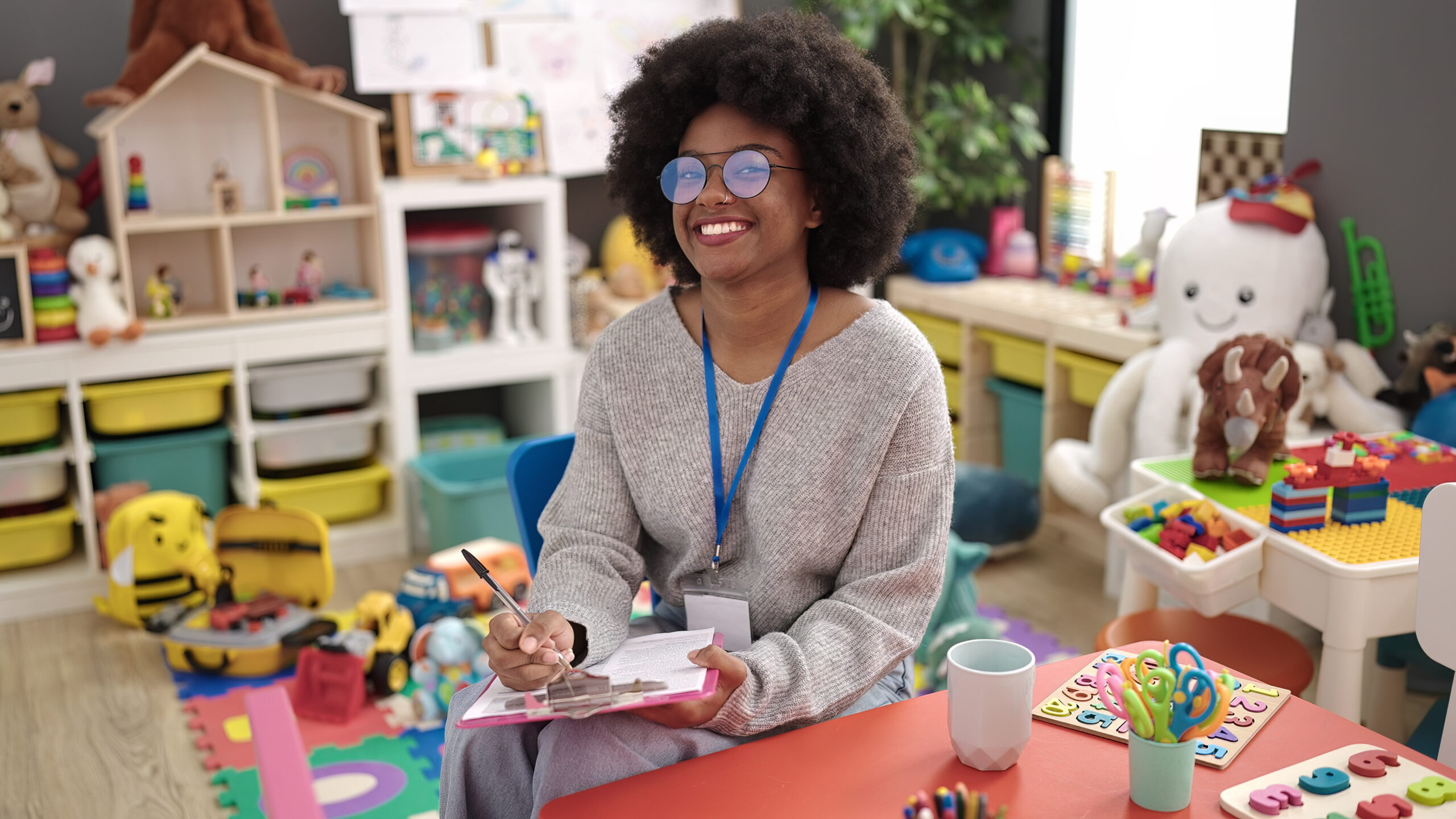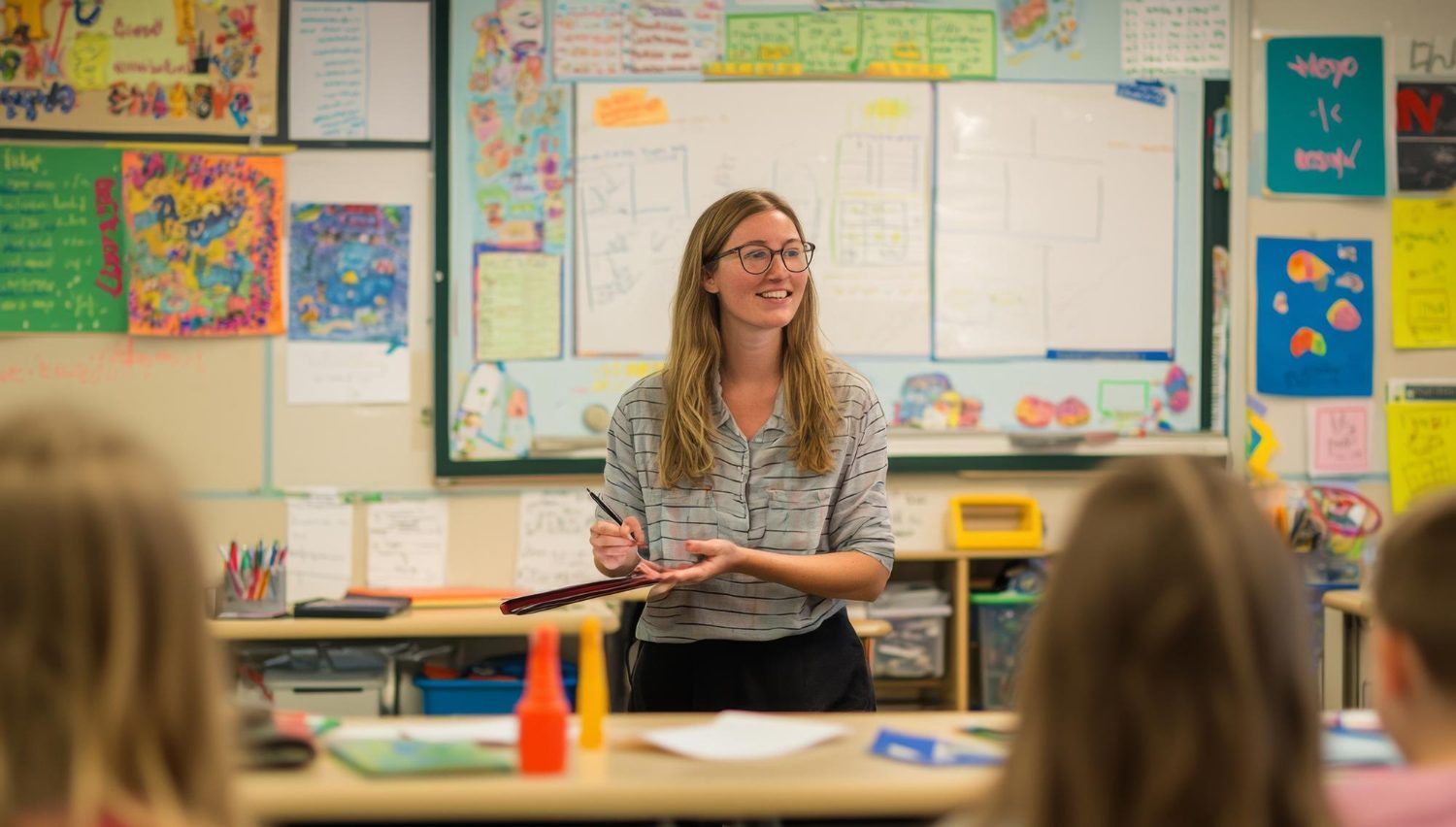Common Teaching Interview Questions and How to Respond
Each question provides an opportunity to demonstrate your passion, skills, and understanding of the education sector. Here’s how to approach some of the most common questions in a way that resonates with school leaders and hiring managers.
Why did you decide to become a teacher?
Begin by sharing what originally inspired you to pursue teaching, whether it was a particular teacher in your own life, an experience working with children, or a personal drive to contribute positively to society. Describe how your motivations align with your commitment to education in the long-term.
This is also a good time to mention any personal values that align with the school’s mission, such as nurturing a love for learning, promoting inclusivity, or supporting each child’s unique journey.















